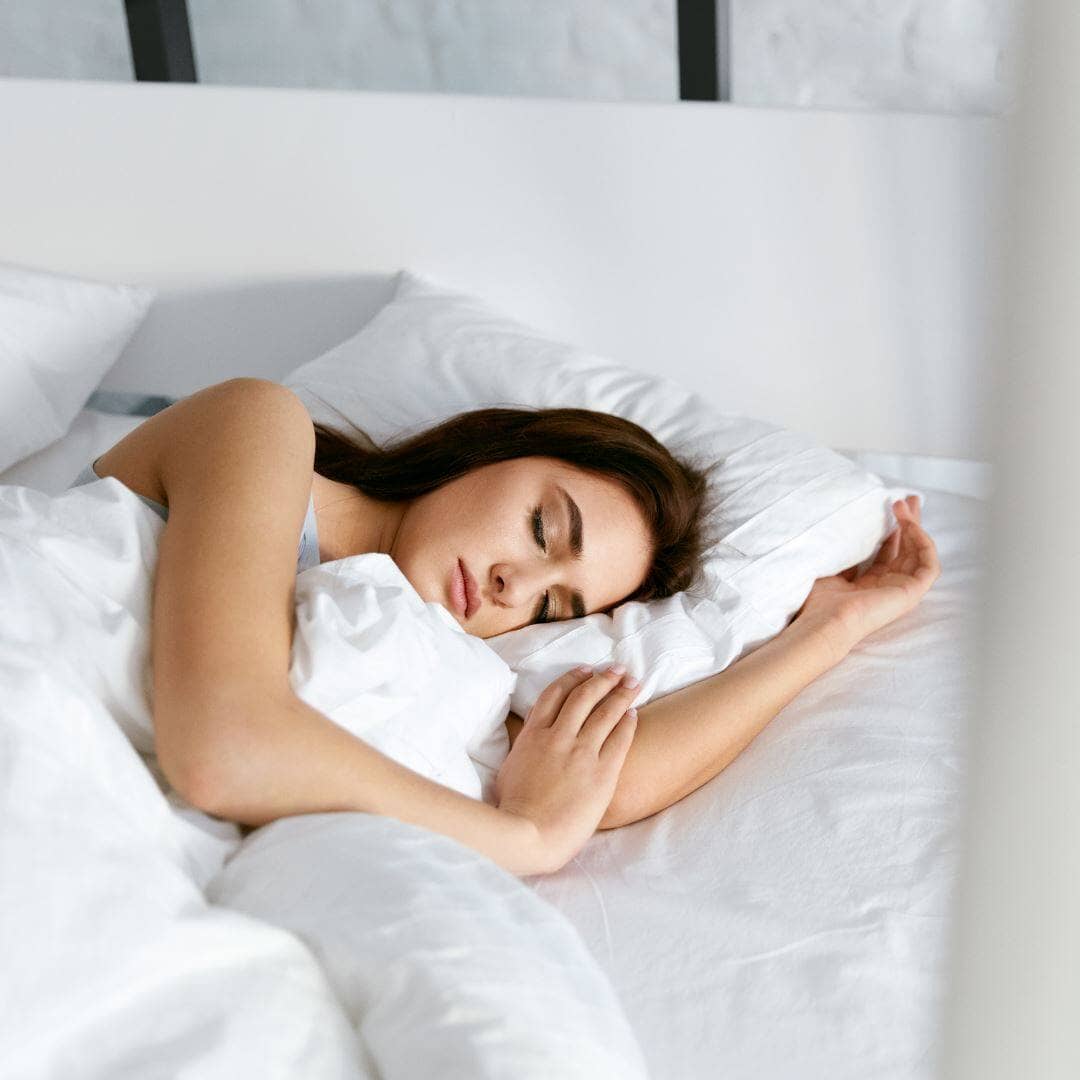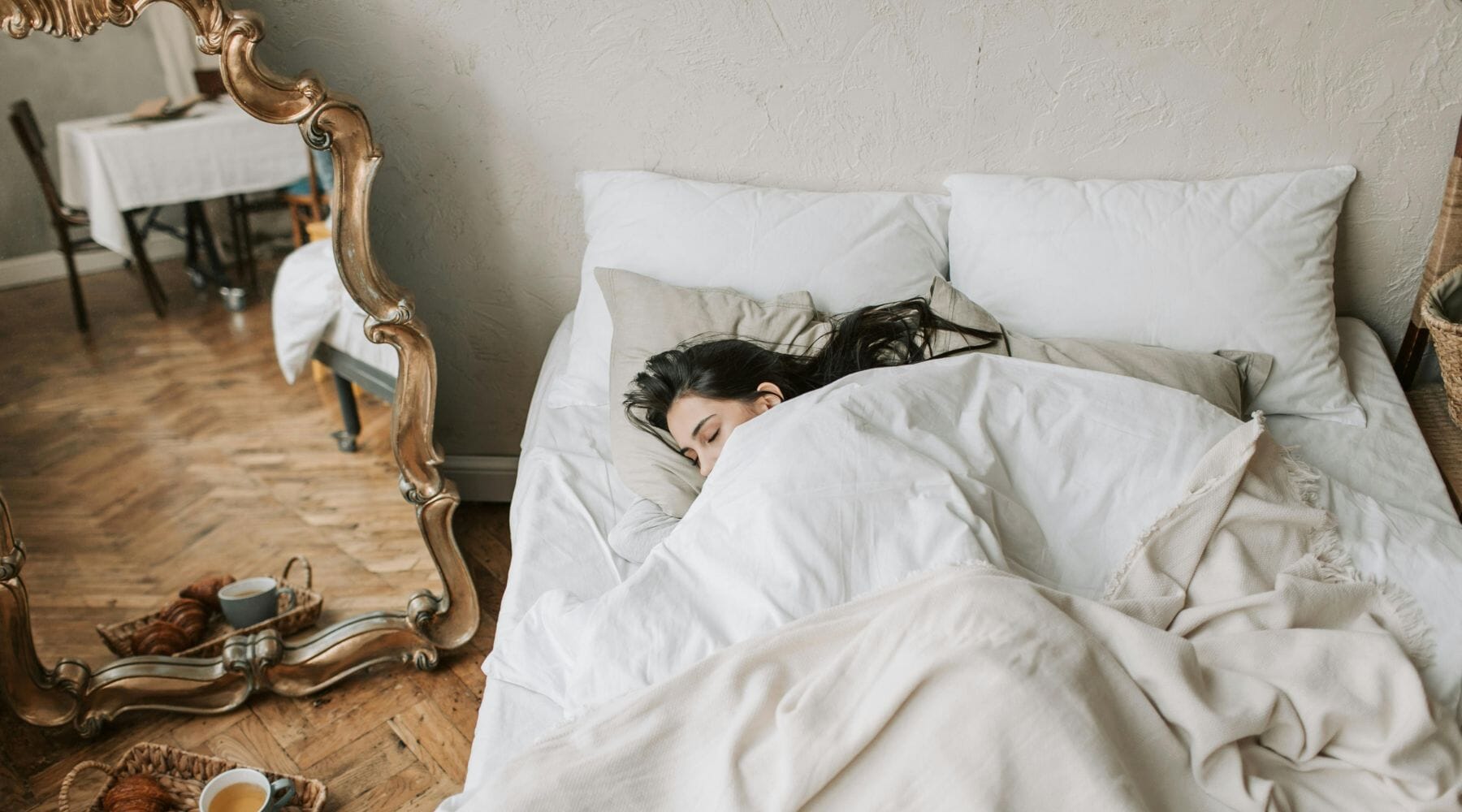1. Be sure of what you're looking for relief - sleep issues or other conditions?
Experts say CBD is likely to work better for those hoping to use it against anxiety than against sleep disorders. This is because there is more evidence of CBD's ability to help relieve stress than assisting you in regaining your quality sleep. But here is a catch, reducing anxiety may help you fall asleep more easily.
2. Duration of use
While some may prefer to CBD it for the long term, it is best to use it for the short-term and observe the effects. One of the reasons this observation is important is because it is believed that CBD's ability to help you improve your sleep may decrease the longer it is used. As your body gets used to the CBD, or tries to find it's balance, you may need to tweak your dosage.
3. Understand your dosage
We always recommend starting low and go slow when starting CBD to help determine the proper dosage. Each individual is different, and determining your individual dosage and best form of CBD (CBD Oil drops, soft gel capsules, CBD gummies, etc.) for you is crucial. Check out our Getting Started with CBD Guide to help you determine your ideal dosage.
If you have questions about the amount of CBD to take, schedule an in-store or virtual free consultation with us.
4. Understand the forms of CBD
You must consider the CBD form you use.
Oils, capsules, and CBD gummies may help you fall asleep and stay asleep for a more extended time period. Should you choose one of these options, we recommend taking it about an hour before your bedtime.
5. Lookout for quality products
You must look for high-quality products. Some studies have indicated that some CBD products do not meet the specifications they claim or are contaminated with pesticides or other harmful substances. Consequently, you must look for quality products and make sure the supplier provides you with third-party test results showing the contents specific to the batch of product you are purchasing.
6. Safety
Before considering CBD, you should consult your medical care provider, especially if you take other medications. This shouldn't be ignored because CBD may interact with other medicines you're taking.








Leave a comment
This site is protected by hCaptcha and the hCaptcha Privacy Policy and Terms of Service apply.